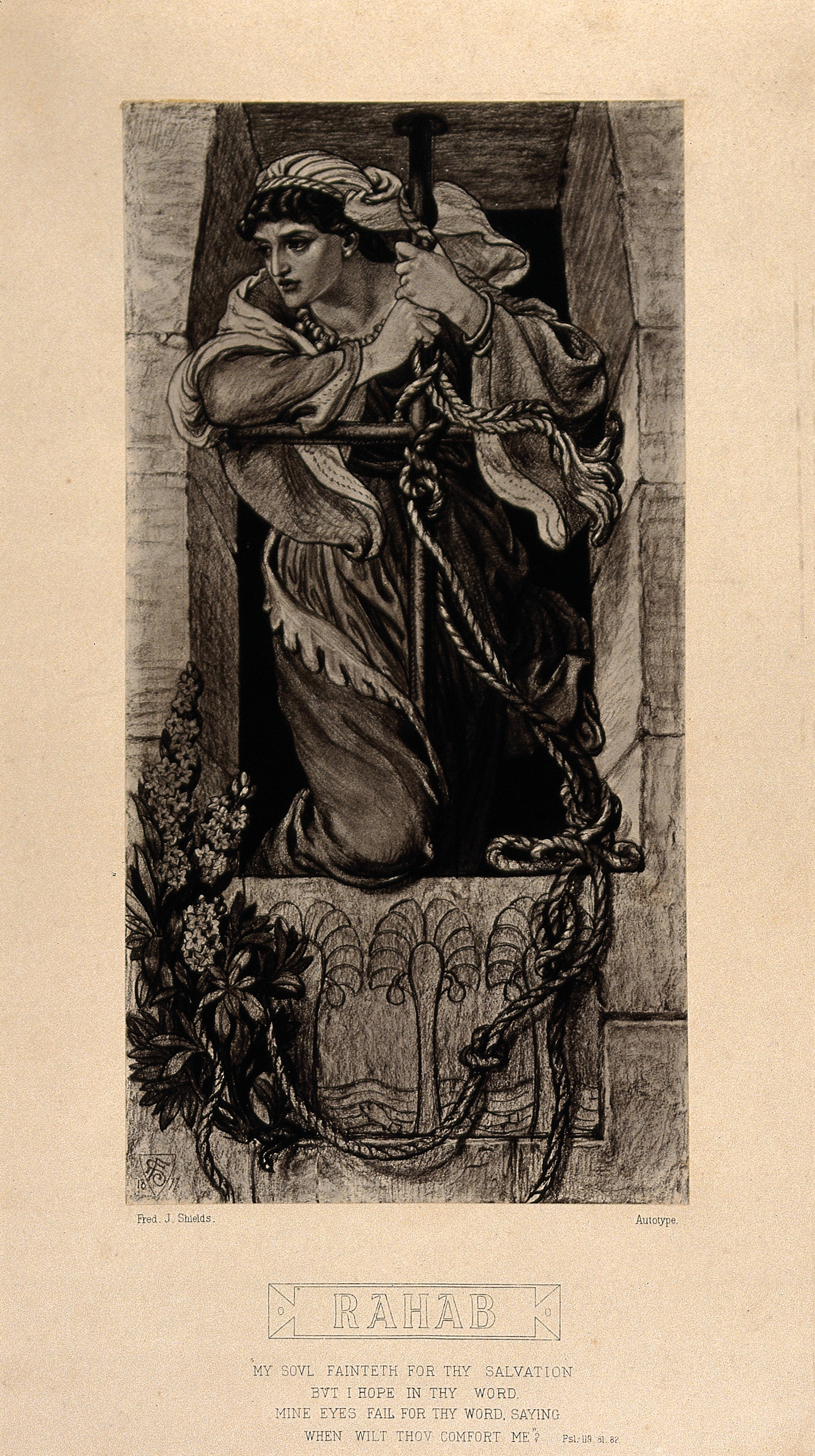Ohev Shalom is joining together with the Interfaith Council of Southern Delaware County to host a vigil, as part of a nation-wide protest against family separations (as well as detentions and lack of reunification) at the border. All are invited to join together THIS Saturday, June 30th, at 2:00 p.m. in or near the Swarthmore amphitheater (next to the Borough Council building). Registrations are welcome (but not required) here:
https://act.moveon.org/event/families-belong-together/20581/signup/?akid=&zip=&source=&s=
I hope to see you there!
You know what was really popular in the ancient world? Idolatry. I'm talking about the good ol' classic stereotype you're likely picturing; pagan statues, mystical incantations, rituals involving blood, animal parts,
and maybe even some sexual depravity. It was all the rage back then. In today's world, it's hard to fully imagine what it was like; and perhaps more than just the rituals themselves, we cannot fathom the lure of them. The temptation was powerful for our ancient ancestors, and time and time again the prophets railed against the people to STOP WORSHIPPING IDOLS!! Then, for a time, they would cease and repent... but then eventually they'd sneak their way back, unable to resist its mesmerizing enchantment. But even back then, millenia ago, the prophetic pleas were NOT about the rituals themselves. The REAL evil, the deeper eroding force that corrupted society, was much, much more dangerous. And it plagues us still.
The prophets talk A LOT about this other problem, yet for some reason we focus on the blood and the sorcery instead. I don't know; maybe it's sexier? Look at our Haftarah this week, for Parashat Balak. The prophet Micah declares: "I will
 destroy your idols and the sacred pillars in your midst; and no more shall you bow down to the work of your hands." (5:12) Do you see it? Do you know what I'm talking about? The idol is actually a proxy, a surrogate; the real danger is the self-worship: "I made this idol! I created this religion; I am equal to a god!!" When the self-aggrandizement gets ratcheted up, it knows no bounds. It begins with hubris and self-congratulation, and then morphs into cult of personality and abandoning of other rules and restrictions, even ones related to morality and compassion. I want to be clear about this: it doesn't begin as pagan gashing of the flesh. This is an insidious problem, because it begins innocently enough, draws followers in, and then leads to corruption, immorality, violence, and even the killing of others.
destroy your idols and the sacred pillars in your midst; and no more shall you bow down to the work of your hands." (5:12) Do you see it? Do you know what I'm talking about? The idol is actually a proxy, a surrogate; the real danger is the self-worship: "I made this idol! I created this religion; I am equal to a god!!" When the self-aggrandizement gets ratcheted up, it knows no bounds. It begins with hubris and self-congratulation, and then morphs into cult of personality and abandoning of other rules and restrictions, even ones related to morality and compassion. I want to be clear about this: it doesn't begin as pagan gashing of the flesh. This is an insidious problem, because it begins innocently enough, draws followers in, and then leads to corruption, immorality, violence, and even the killing of others.When someone declares "I am smarter! I am richer! I am better!! And I alone can fix everyone's problems," that IS idolatry. Not just because it's obnoxious or pompous, but it is truly dangerous. How can you declare
and believe such things, and also maintain a sense of compassion, humility, and empathy for others? Our Torah portion, Balak, focuses on an evil ruler who tries to attack his enemies with slander, defamation, and curses. His plan is foiled by God, and the REASON God had to step in, had to make sure the curses were not uttered, was because words ARE powerful. Slander is not innocent, laughable, and easily dismissed. That is, in part, why it is SO dangerous. It plants seeds of doubt in people's minds, it ruins reputations, and it cannot be undone as easily as it was perpetrated. Believing that one has the power AND the right to attack anyone, for anything, is ALSO a form of idolatry.
We often focus on the wrong part of a concept. We think of prophets as fortune-tellers, predictors of the future, dream-interpreters. And we picture idolatry in stereotypical, magical, heretical forms. In both cases, we're missing the point!
The prophets hold up a mirror to society, reminding us of ways we've gone astray in the past, and challenging us to be better moving forward. And idolatry is essentially a shape-shifter. It takes many appearances, and undermines societal norms in a myriad of different ways. Prophets, like Micah, try repeatedly to remind us to be vigilant, and to remember what really matters. Our Haftarah ends with just such a declaration: "[God] has told you, O human, what is good, and what Adonai requires of you; only to act justly, to love kindness, and to walk HUMBLY with your God." (6:8) When the seduction of idolatry comes slithering back, trying to reel us in, we need to remember these prophetic words and ask ourselves three questions: Is it just? Is it kind? And is it spoken with humility? If it fails ANY of those three tests, you know it's that shape-shifter again, trying to drag you back into deplorable depravity...
Images in this blogpost:
1. CC image courtesy of pxhere.com
2. CC image courtesy of pxhere.com
3. CC image courtesy of pxhere.com
4. CC image courtesy of pxhere.com












.jpg)




